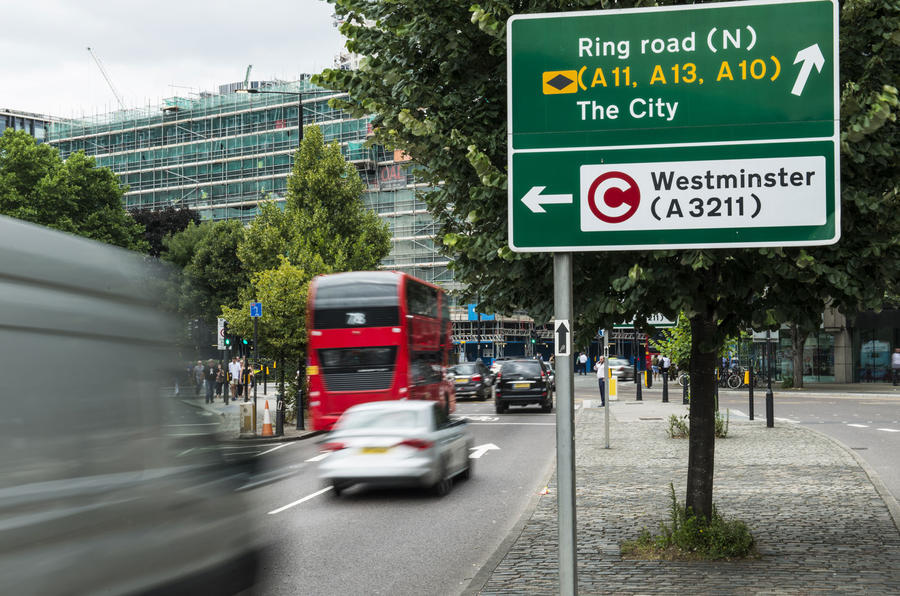Diesel cars will be taxed more heavily in a move planned to improve air quality, it will be unveiled in the Autumn budget statement on 22 November.
The Financial Times reported that chancellor Philip Hammond will penalise diesel owners in a bid to boost environment secretary Michael Gove’s clean air initiatives, which were announced in July. Hammond will either raise VAT on diesel fuel or create a new taxation on diesel vehicles.
Overnight, the Treasury released a statement confirming this, saying: "The Government’s clean air strategy had stated that it would tax new diesel cars differently."
This will be the latest in a string of penalties for diesel drivers, with growing anti-diesel rhetoric across the media since the Dieselgate emissions cheating scandal of 2015.
Sales of diesel cars are currently tumbling amid public distrust; the overall UK new car market contracted by 12.2% in October compared with October 2016, with diesels experiencing a 29.9% decline across the same period. This was met with criticism from SMMT CEO Mike Hawes, who accused the Government of causing consumer confusion on diesel policy.
Meanwhile, the ever-growing EV and hybrid segment continued to gain, with 36.9% growth, or 8244 registrations, in October, representing 5.2% of the total market.
Also in October, the new T-Charge, a daily fee of £10 for pre-Euro 4 petrol and diesel vehicles to drive in the centre of London, came into effect.
Oxford has gone one step further, planning to ban diesel cars outright from the city centre by 2020, joining Germany, which will ban the sale of new diesels in the future, as well as Paris, Madrid, Athens and Mexico City, which plan to ban diesels by 2025.
Read more:
Diesel vehicles to be banned from Paris, Madrid, Athens and Mexico City by 2025
Diesel registrations drop by a third in October 2017
The truth about the diesel engine
Oxford plans to ban petrol and diesel cars from 2020
£10 T-charge for high polluting vehicles starts in London today





Join the debate
Add your comment
Well whatever happens I look
Well whatever happens I look forward to purchasing a bargain diesel vehilce to drive around the countrside killing nobody with the emissions.
they can't change the tax on diesel
If they did it would make the Uk less competative ,think of all the suppliers and deliveries re making components for Nissan and JLR.Also, there would be gridlock with protests etc.It would have to be EU wide and would be eu wide protests.
Only affects new diesels?
Unless I have misinterpretted the article, the road tax changes would only be applied to new diesel cars. Existing diesel car owners will not be penalised. That said if the tax on diesel fuel changes it's a whole other matter, but that seems like a much less palatable proposition for the government.
Left hand - right hand situation.
Sounds like somebody at the treasury hasn't got a clue what's going on, or the quote from the statement is incomplete and therefore misleading.
They may be saying that new (EU6) diesels will be taxed differently to EU5 and below - which are going to get absolutely hammered.